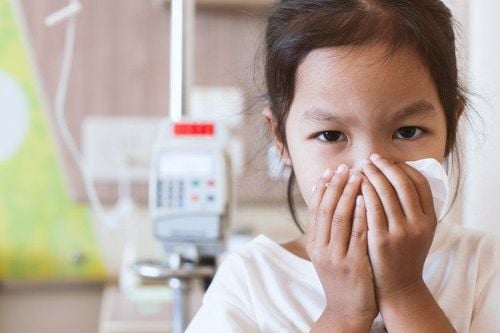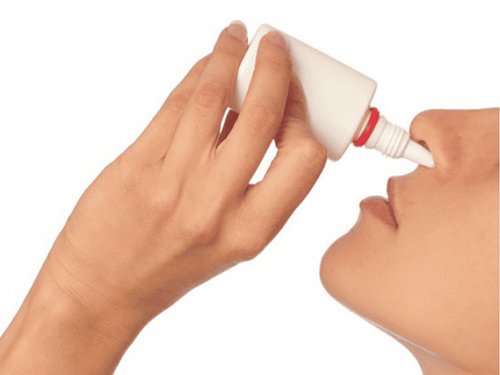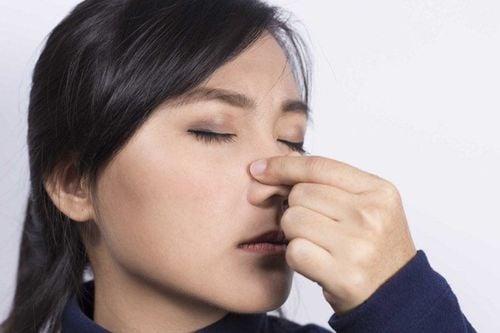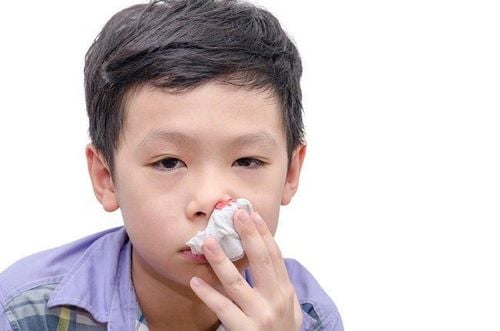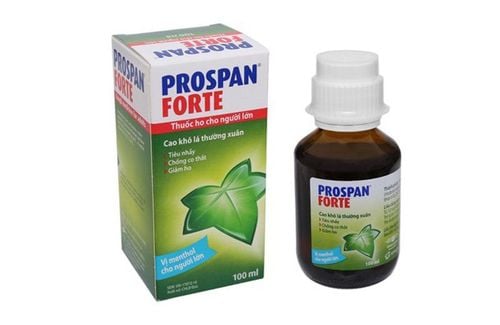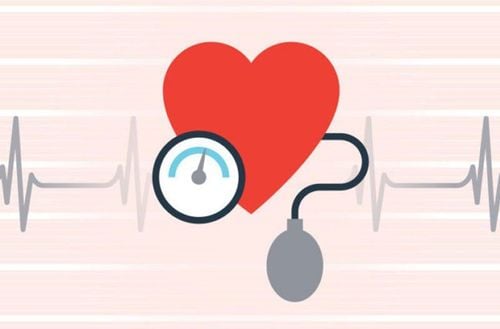This is an automatically translated article.
The article is professionally consulted by Master, Doctor Vu Huu Thang - Emergency Resuscitation Doctor - Emergency Resuscitation Department - Vinmec Ha Long International HospitalThe ways to handle nosebleeds are quite simple, but if done correctly, they will effectively prevent frequent nosebleeds within a few minutes and without leaving many complications.
1. Frequent nosebleeds
Nosebleeds can happen to anyone at any time, but are usually harmless for most people. This condition usually occurs on only one side of the nose, but sometimes occurs on both sides of the nose at the same time. When one side of the nose is partially blocked by a blood clot, blood can drain from the other side or down the back of the throat.Typical causes of nosebleeds in children include:
Dry climates and air that are too hot or too cold indoors and out, cause the delicate skin of the nose to crack and cause bleeding; Deviated nasal septum increases the risk of frequent nosebleeds; Colds, upper respiratory tract infections and allergies; Exposure to irritating chemicals, eg cigarette smoke, sulfuric acid, ammonia, gasoline; Heavy alcohol abuse interferes with the normal functioning of platelets, increases the time it takes for blood clots to form, and causes surface blood vessels to dilate, making them more susceptible to injury and bleeding; Direct trauma to the nose; Kidney failure, thrombocytopenia, high blood pressure and hereditary bleeding disorders; Patients must take anticoagulants, steroid nasal sprays. Besides, it should be noted if falling into frequent nosebleeds, especially when accompanied by symptoms of persistent nasal congestion or runny nose with a bad smell. In the elderly, especially smokers, this could be a sign of a tumor inside the nose or sinuses. For young children, the above condition is sometimes a warning that the baby has a foreign object in the nose.
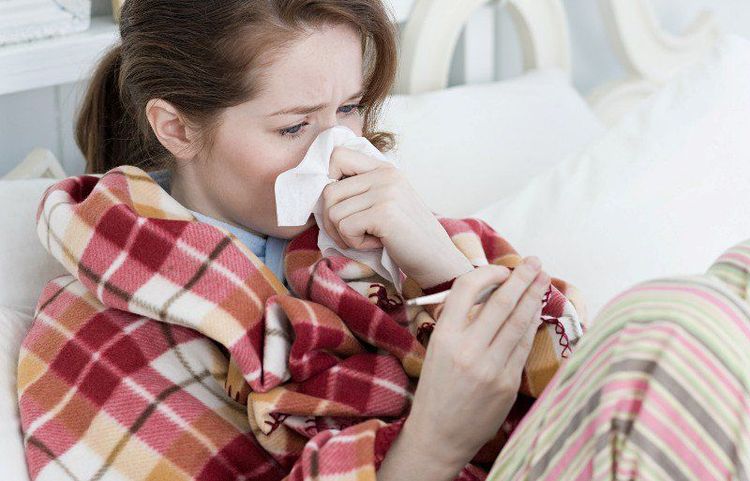
2. How to handle nosebleeds
In general, nosebleeds are not usually a serious problem and patients can self-apply some nosebleeds at home as follows:
Stay calm because if the person starts to worry, the body will bleed more, so try to relax; Should sit up instead of lying down. The recommended position is to sit upright, keeping the head above the heart to reduce blood pressure in the nasal veins; Lean forward slightly to prevent blood from flowing down the back of your throat. Note not to tilt your head back as folk belief, swallowing blood can irritate the stomach, cause stomach pain and vomiting; Use your thumb and index finger to squeeze your nose for 5-10 minutes and breathe through your mouth. This move puts pressure on the nasal septum and can block the flow of blood; You can also use your other hand to apply an ice pack to the bridge of your nose to help slow blood flow. Note that tissues or tampons should not be inserted into the nose to avoid more bleeding. Once the bleeding has stopped, do not touch your nose, blow your nose or lower your head for a few hours to avoid bleeding again. However, if you find it difficult to breathe, you can gently blow your nose to remove any remaining blood clots. Spraying a decongestant such as oxymetazoline (Afrin, Vicks Sinex, or Mucinex) in both nostrils is also an option. After spraying, you need to squeeze your nose and breathe through your mouth for 5-10 minutes.
In case the nosebleed situation is severe, namely, the bleeding cannot be stopped within 30 minutes and is accompanied by a number of other symptoms, it is advisable to seek medical attention and seek medical assistance.
3. How to prevent nosebleeds
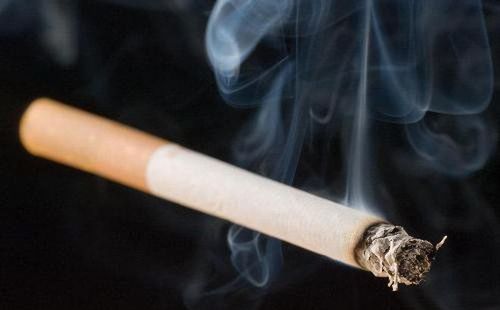
It is not possible to completely prevent nosebleeds, but there are still some tips you can apply to limit the risk of disease, such as:
The environment inside the nose can be dry. cause nosebleeds. Therefore, it is necessary to keep the nasal membranes moist by using a cotton swab to gently apply a thin layer of skin wax (such as vaseline) into the nostrils 3 times a day, especially before going to bed. You can also use some antibiotic mineral ointments such as Bacitracin or Polysporin; Use a saline nasal spray product to help keep the inside of your nose moist; Use a humidifier in the air in your home to prevent a dry nose, especially during the cold, dry months of winter; Stay away from cigarette smoke. Smoking can irritate the inside of the nose and dry it out; Do not pick, hook, rub, or blow your nose too hard. If children have nosebleeds, cut their nails short and tell them not to pick their noses; Do not abuse cold and allergy medicine too often. The ingredients in the medicine can dry out your nose, and sometimes some medications cause nosebleeds or make them worse. Therefore, in any case, the patient should not arbitrarily take the drug, but should strictly follow the instructions of the doctor; Avoid facial injury by wearing a seat belt in your car and using a suitable helmet to protect your face when riding a motorcycle or playing contact sports, such as soccer or karate; Use protective equipment to avoid inhaling irritating chemicals when doing certain tasks. It can take up to 2 weeks after a nosebleed for the area to fully heal and be healthy. Therefore, patients who have just had a nosebleed should avoid exertion, do not lift heavy objects, such as limit physical exercise and do too much housework or hold heavy children for a long time.
Almost all uncomplicated nosebleeds respond to simple, appropriate home remedies for nosebleeds. If initial first aid steps do not stop the flow of blood, contact a physician immediately or take the patient to the emergency room for symptom control with medication or some specialized technique.
Please dial HOTLINE for more information or register for an appointment HERE. Download MyVinmec app to make appointments faster and to manage your bookings easily.
Reference source: Webmd.com




